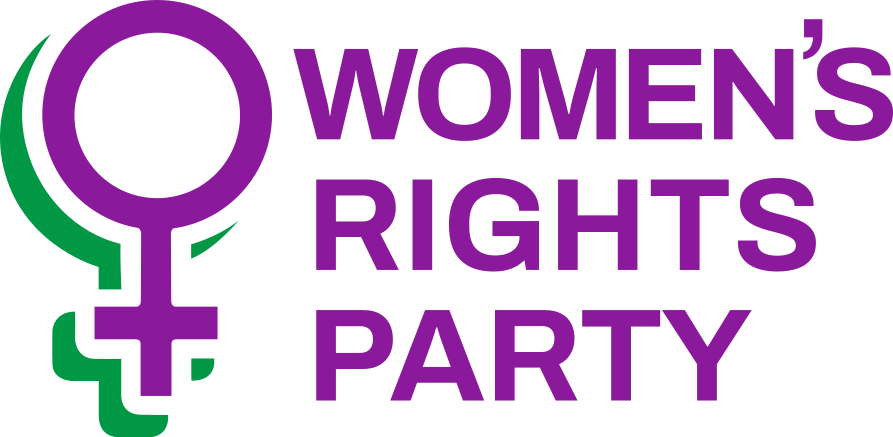Exit Services for Women Leaving Gangs, Religious Cults, and services to support “Detransitioners”
Proposal
We suport public funding to provide exit services for women wishing to leave gangs or religious cults, including financial and structural support to help them build new lives.
We also support resources, including public funding and professional education for services to support detransitioners.
Rationale
Speaking at the Wai 2700 Mana Wāhine Kaupapa Inquiry in 2021, Paula Ormsby, leader of the female-only chapter of the Mongrel Mob, said women in gangs were “forgotten mothers, daughters and sisters who deserve support and protection like anybody else”. In response to questioning by Tribunal members, she said women were often asked why they stayed in violent relationships, but “gang-affiliated women often had nowhere to turn”.
Nelson social worker and former gang associate Glennis Dennehy has researched and written about the experiences and roles of women in gangs. She left her husband and his gang after a savage beating and says that while some women shift from gangs easily with support from family and community connections, others do not. Some women come under threat and the process of change is complex and can be dangerous.
The Police are charged with responsibility to “fix” the gang problem in what has become highly politicised. We believe resources need to be provided by the State to support initiatives to break the cycle of offending and violence against women, as well as protecting those women who make the difficult decision to exit gang life.
Women in religious cults
As we have seen in the Gloriavale “leavers” Employment Relations Authority case, movies and documentaries about Gloriavale, the cult’s leaders used many of the same tactics of control as seen in domestic violence cases.
The leaders gain control over every element of the women’s lives and cut the women off from outside relationships, portraying the cult as the women’s “safe haven”. This results in a “trauma bond” through which everything outside of the group feels threatening, and the women are no longer able to think clearly about their own survival needs and those of their children. This creates a dangerous situation in which the women and their children become vulnerable to sexual and physical abuse, and human rights violations.
The Gloriavale Leavers Support Trust is funded by individuals, businesses and other charitable organisations to provide practical, financial, emotional support. We believe the State should take a more active role in supporting and protecting women and children to exit cults such as Gloriavale.
Detransitioners
The situation for those adolescents and young people captured by “gender ideology” has many of the same elements as those of a cult. 4 These include:
1. Control communication (e.g. “Transwomen are women”, “TERFs must die”)
2. Mystical manipulation (e.g. “being born in the wrong body”)
3. Demand for purity (e.g. “black and white thinking”, ignoring reality)
4. Confessional (e.g. calling out non-believers or cancel culture)
5. Loading the language (e.g. “misgendering”, “dead naming”, ‘using the wrong pronouns”, women as “cervix havers”, “birthing people”, “menstruators”, etc)
6. Truth lies in the doctrine (e.g. being “saved”, “finding their authentic self”)
7. Any criticism of the doctrine is interpreted as an act of violence on the believers’ very existence (e.g. “TERFs are denying we exist”, not using pronouns is “literal violence”)
8. Emotional control (e.g. telling parents “do you want a live child or a dead one?”; shunning detransitioners, piling on anyone who questions trans cult on social media)
9. Separation from other support (e.g. parents who don’t along with this) Many detransitioners report that “transitioning” did not improve their mental health problems. They also report a lack of understanding by medical professionals and on-line abuse from the “trans” community.
We see a gap in Aotearoa NZ in support for detransitioners who are likely to become more in number as young people caught up in the current trend of social transitioning and medicalisation of gender-related distress.
Guidelines for professionals need to ensure that detransitioners receive the same supportive care given to young people presenting with gender-related distress. This should include professional education.
Detransitioners should also receive the same practical and emotional support as others leaving a cult.

